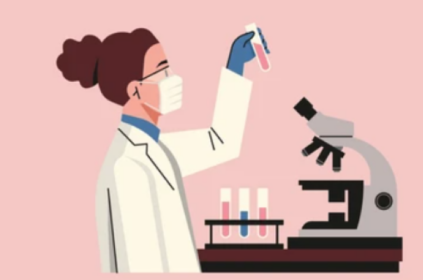Amit Kumar, M.D., CEO of Anixa, announced that the fifth patient in the Phase 1 in-human clinical trial is being treated and the trial for CAR-T therapy to treat ovarian cancer is progressing. Anixa is in partnership with the Moffit Cancer Center in conducting this project.
Dr. Kumar explained that Anixa’s CAR-T therapy is different from the traditional CAR-T version in that it targets FSHR (follicle stimulating hormone receptor) which is expressed exclusively on the ovarian cells in healthy adult females.
About NCT05316129
Anixa’s CER-T process is autologous meaning it uses the patient’s own cells targeting the hormone receptor FSHR which is found only on the granulosa cells of the ovaries. It is a hormone receptor and known as CER-T or chimeric endocrine receptor T-cell. It is a new form of CAR-T.
The trial has been enrolling adult female patients who have been unresponsive to a minimum of two previous therapies. The next criteria include patients with progressing and recurrent ovarian cancer. Safety has already been confirmed in the first group (cohort) of three patients.
Patients enrolled in the second group, including the fifth patient, will receive a triple dose of the T-cells as opposed to the first group. One of the primary goals of the study is to overcome the preexisting problems caused by CAR-T cell therapies against solid tumors. A secondary goal is to identify the maximum dose of T cells targeting FSHR that can be tolerated.
Professor Jose Conejo-Garcia M.D. of Duke University’s Integrative Immunobiology Department developed the FSHR technology. Anixa has the exclusive license from Wistar Institute.
Anixa Biosciences is a biotechnology company that is focused on preventing and treating cancer. Its therapeutic portfolio contains a program for ovarian cancer developed in partnership with the Moffitt Center that uses CER-T, the novel form of CAR-T. Anixa is also working with the Cleveland Clinic to develop vaccines to avert breast cancer.
Editor’s Note: Get Involved
Cancer doesn’t discriminate. WHATNEXT and its partners are interested in amplifying the voices of those from all identities and backgrounds. If you have a cancer journey to share, reach out here to learn more about how your voice can help spread awareness and inspire individuals from all walks of life.
Last modified: January 29, 2025











